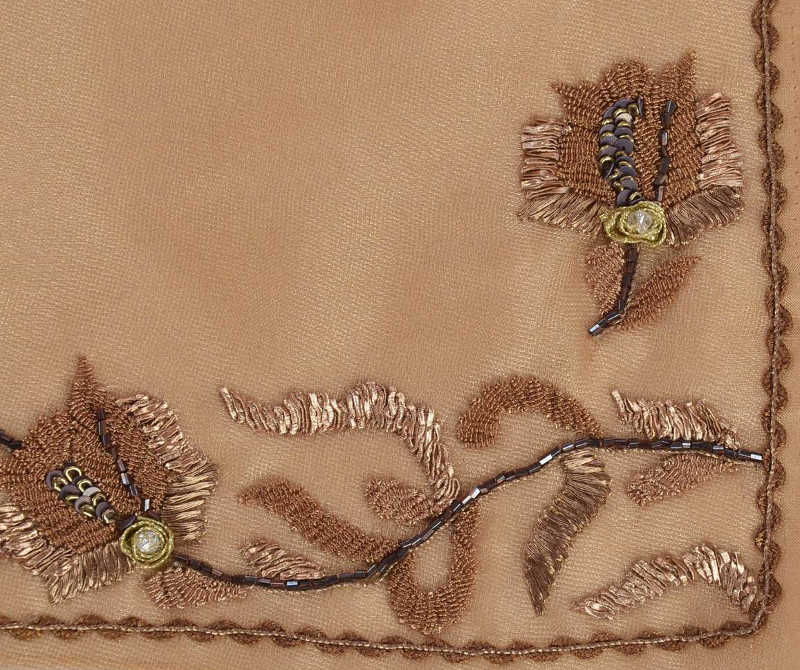===
0684,
5
===

=== |
 |
rang : 'Colour, colouring matter, pigment, paint, dye; colour, tint, hue, complexion; beauty, bloom; expression, countenance, appearance, aspect; fashion, style; character, nature; mood, mode, manner, method; kind, sort; state, condition;... sport, entertainment, amusement, merriment, pleasure, enjoyment'. (Platts p.601)
rang uṛ jānā : 'To lose colour, to fade; to change colour, become pale (from emotion, or fear, &c.), to be afraid'. (Platts p.601)
FWP:
SETS == A,B; EXCLAMATION
MOTIFS
NAMES
TERMS == MOODIt feels like a verse of 'mood', and of course it's also an 'A,B' verse, since as SRF notes, we can't at all tell what connection there is between the speaker's wish for wings and feathers and the 'flight' of the 'color' of the rose. By no coincidence, the possibilities of that simple-looking first line soon ramify considerably.
First of all, the possible senses of rang are manifold (see the definition above), and range from the literal ('color, appearance') through the abstract ('manner, method') to the emotionally charged ('pleasure, enjoyment').
And on top of that , the 'flight' itself is particularly complex, because there are so many levels on which it can be read. Is it a literal flight (the color of the rose is so strong and overpowering that it actually flies up into the air like a semi-personified bird, perhaps even in exhilaration)? Or does the 'flight' suggest, as it can in English too, a sense of fleeing or seeking to escape some danger? Or is it a metaphor for withering (the color 'takes flight' or departs as the flower dies)? Or is it an expression of fear or some other strong emotion, as it is for human beings (see the definition of rang uṛ jānā above)?
In view of all these possibilities, the motivation for the speaker's wish in the second line cannot at all be pinned down. Not only can we not tell why he wants to fly, but we also can't tell in what sense he wants to fly. For all the senses of 'flight' available to the color of the rose, are potentially available to the speaker's own wish for 'flight' as well.
The speaker seems to learn of all this only through hearsay ('they say'), so he seems not to be a denizen of the garden. But is he a caged bird, whose wings have been cruelly clipped by the bird-catcher? Or is he an outsider of some kind, specially banished from the garden? Or is he just a person who feels the great human longing for flight?
Note for grammar fans: ab ke invokes something like a colloquially-omitted vaqt or mauqʿa ; it's like ab kī for ab kī bār . It's positioned as a 'midpoint', so it could also be read with kaheñ haiñ , as 'this time they say'. But I can't see that this would make much difference in the verse.